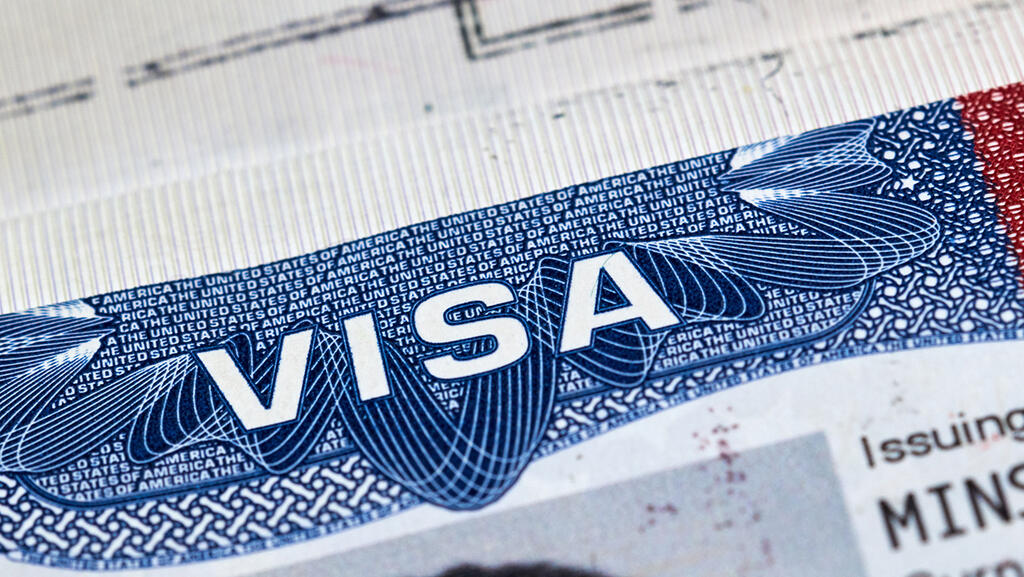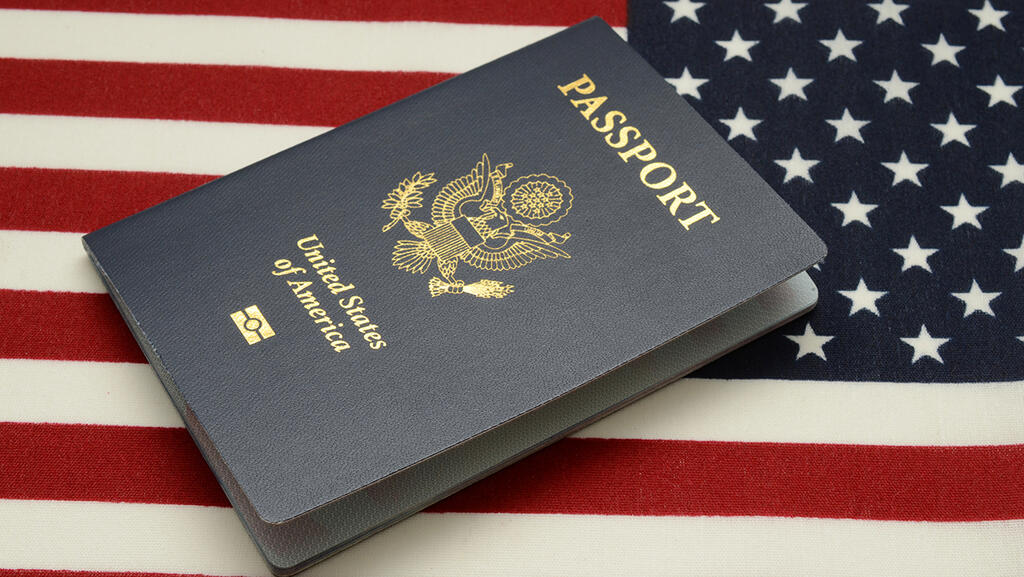Getting your Trinity Audio player ready...
As the pilot program for the entry of Palestinian Americans to Israel continues, the White House dismissed criticism of the promotion of the visa exemption program for Israelis and emphasized that it is above all an American interest.
Read more:
"The United States isn’t Santa Claus, handing around things like Visa Waiver Program or something else. We are pursuing these things and engaging on these things because they are in our interest," Deputy Spokesman of the US State Department Vedant Patel said Wednesday during a State Department press briefing, getting laughs for his colorful description of the man who distributes gifts to children on Christmas.
2 View gallery


'The United States isn’t Santa Claus, handing around things like Visa Waiver Program ,' State Department spokesman says
(Photo Shutterstock)
"The foreign policy that we pursue and the policies that we pursue bilaterally with any country are because they’re in the interest of the United States," Patel said in response to a question from Al-Quds journalist Said Arikat.
The veteran journalist who has sat in the front row at US State Department briefings for about 13 years has become known for his controversial exchanges with State Department spokespeople over the years, including current spokesman Ned Price and former spokesman John Kirby. Officials at the State Department claim that Arikat uses the stage to routinely bash Israel at every opportunity, sometimes finding only a tenuous connection to the issue that is on the agenda. In the absence of Israeli journalists or other Jewish media at the briefings, in most cases, the White House spokesmen remain powerless in the face of the array of forces that sometimes turns into an arena for bashing against Israel reminiscent of the UN Security Council, the State Department says.
Following Arikat's question about why the United States is handing out a significant "gift" to the Netanyahu government in the form of the visa waiver program, Patel replied that: "Entry into the Visa Waiver Program for Israel is not going to happen until and unless we see reciprocity and the many prerequisites that (we) have spent a lot of time up here talking about. Things like normalization and integration into the region we view as a good thing, as a good thing for the important opportunity to further collaborate on a number of areas, including trade and people- to-people and the flow of goods and ideas. And we also remain equally committed to a negotiated two-state solution between our Israeli partners and the Palestinians. And that’s something that we’re going to continue to pursue as well because we think it is an important step that is good for the region, and good for national security interests in the region."
At the end of July, the Israeli ambassador to the United States, Mike Herzog, and the then American ambassador to Israel, Tom Nides, signed a "reciprocity agreement," which laid out the conditions for Israel's acceptance into the visa waiver program. The agreement included a pilot for the entry of Americans of Palestinian origin from West Bank and the Gaza Strip to Israel. According to estimates, there are between 70,000 and 90,000 American citizens of Palestinian origin, of which about 15,000-20,000 are residents of the West Bank.
Israel's security establishment had quite a few reservations about conducting the pilot in light of the security risk, but the Americans see reciprocity as a key condition for Israel's inclusion in the visa exemption program. Finally, at the political level, solutions have been found to satisfy the Shin Bet, and Israel has pledged that those Americans will be able to travel through Israel without discrimination and without delays.



